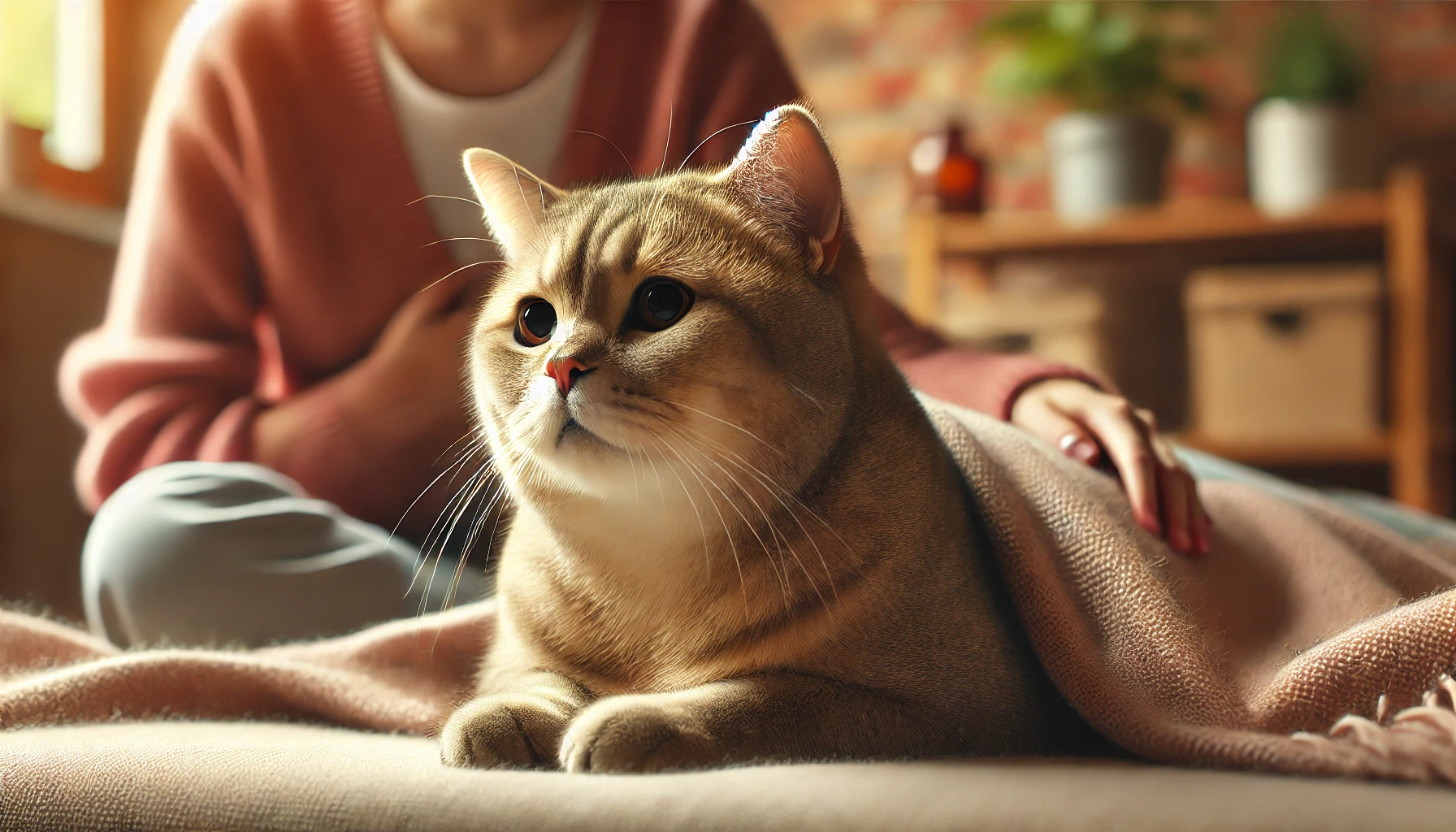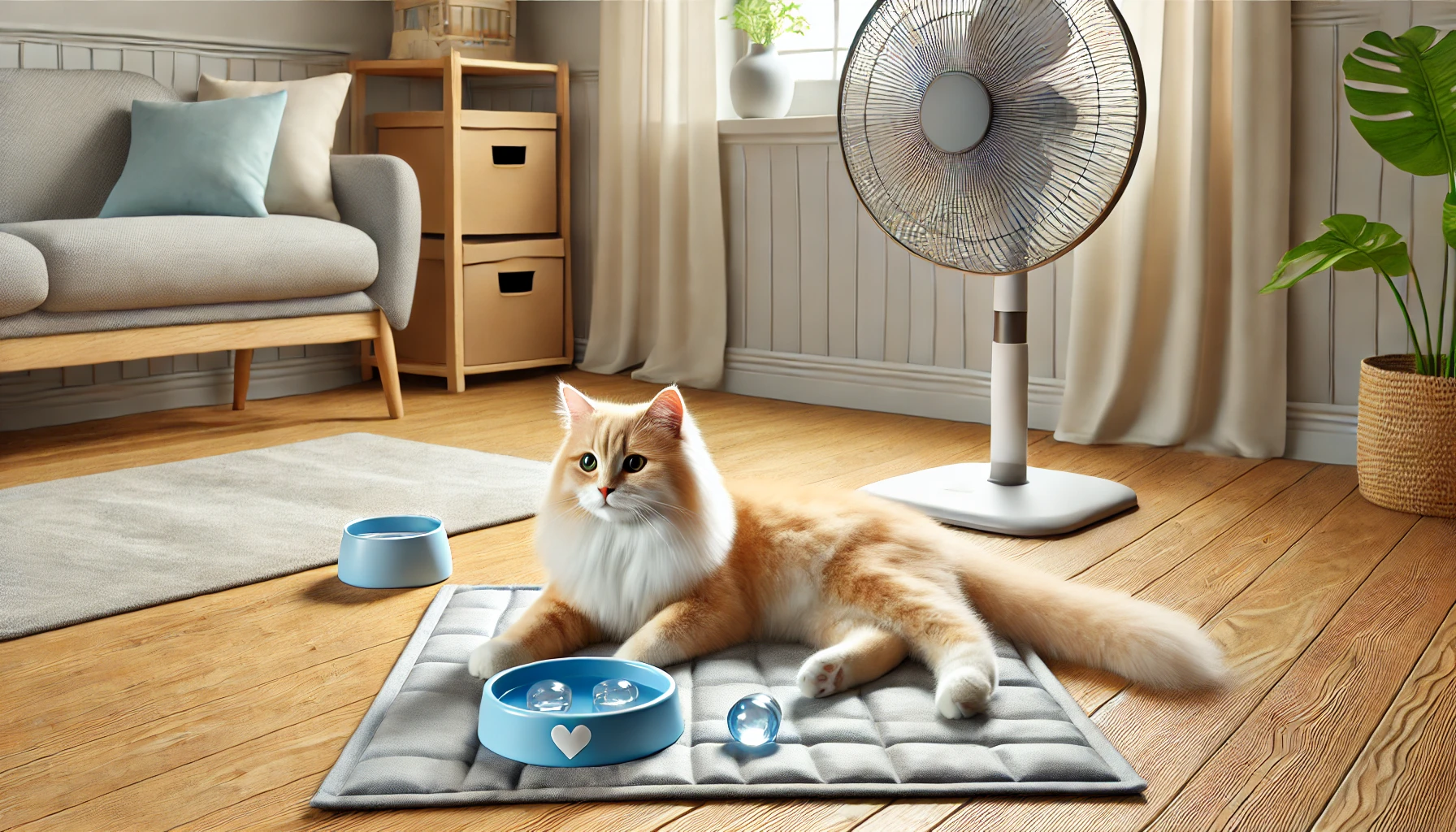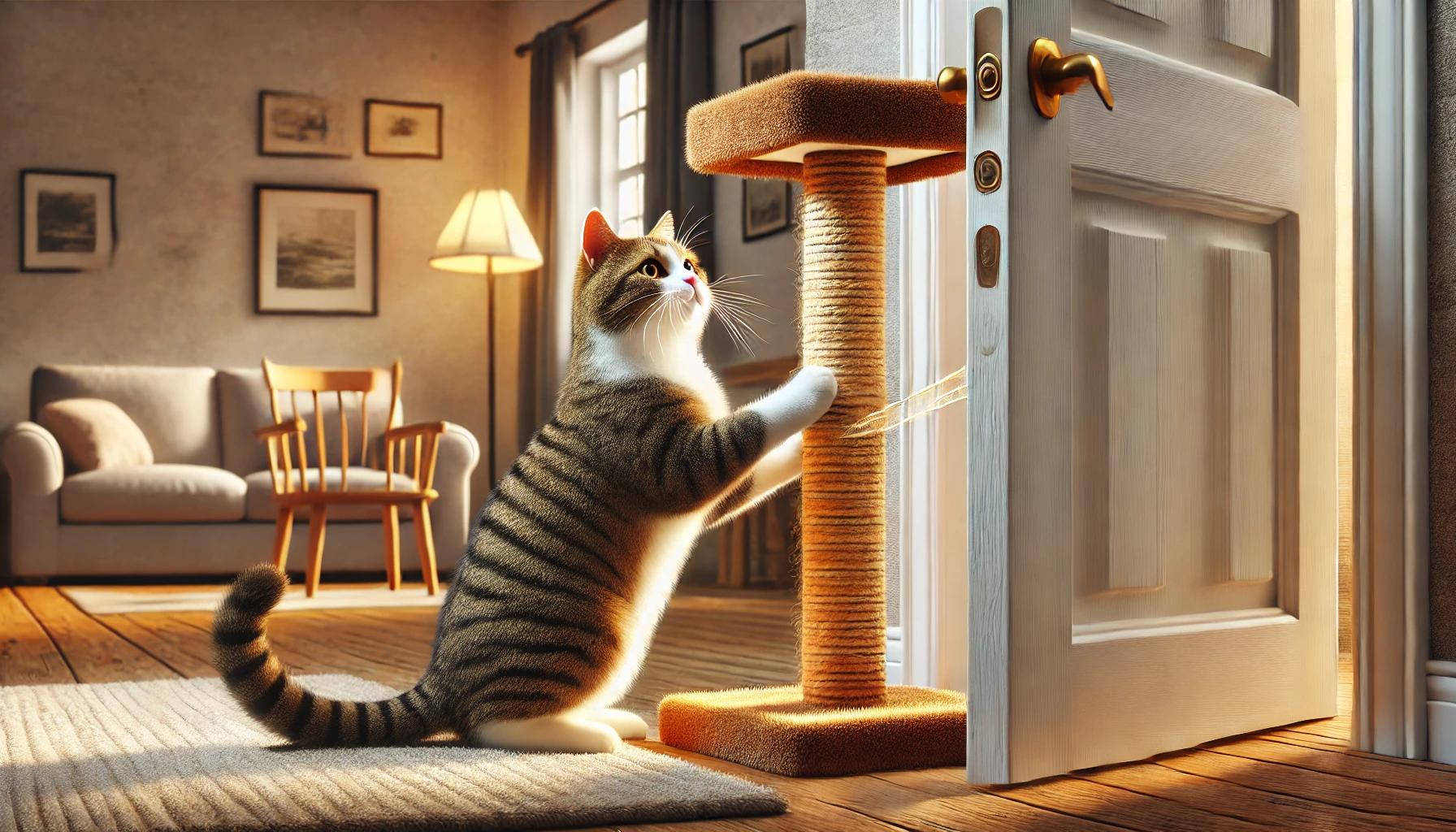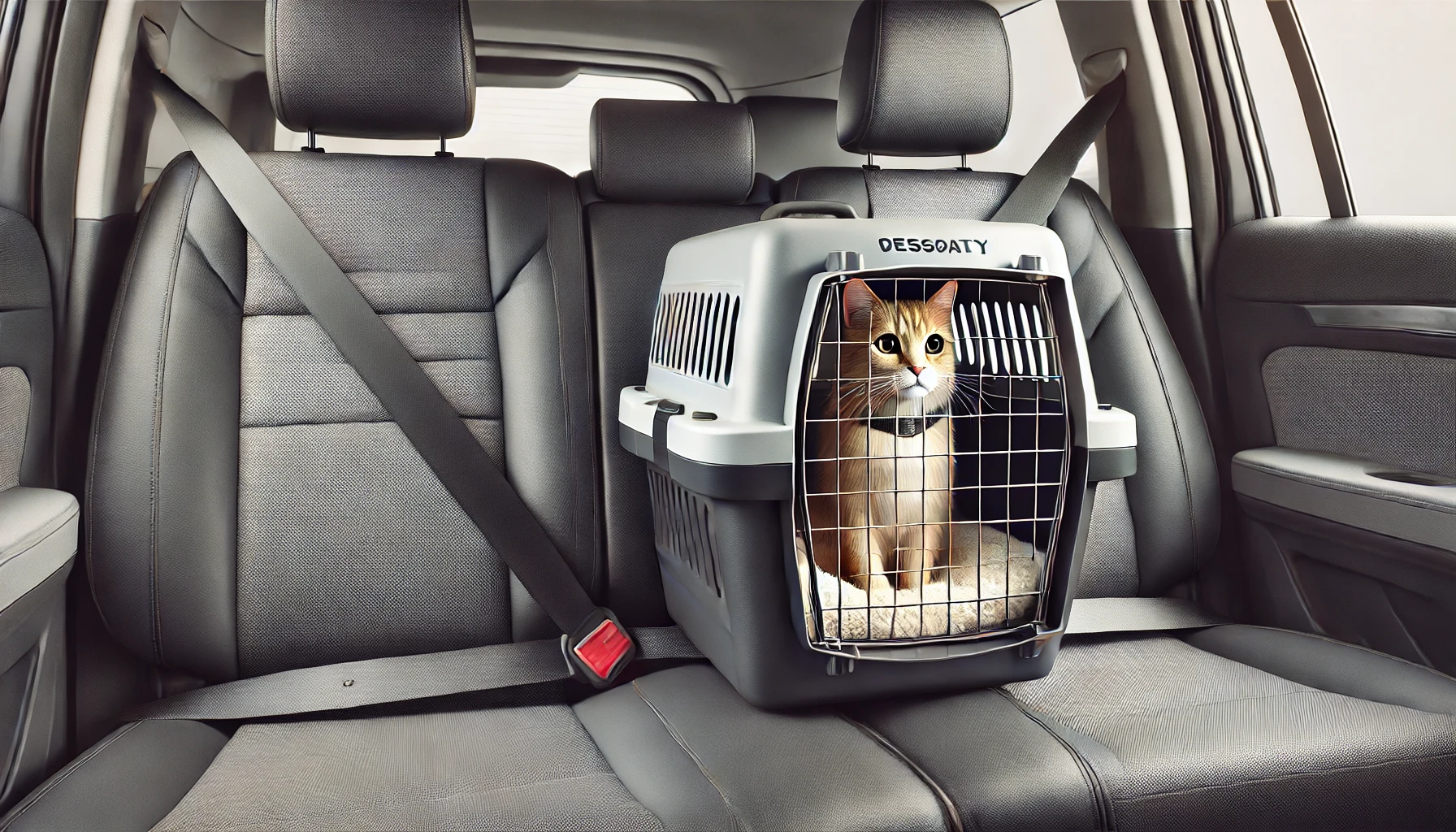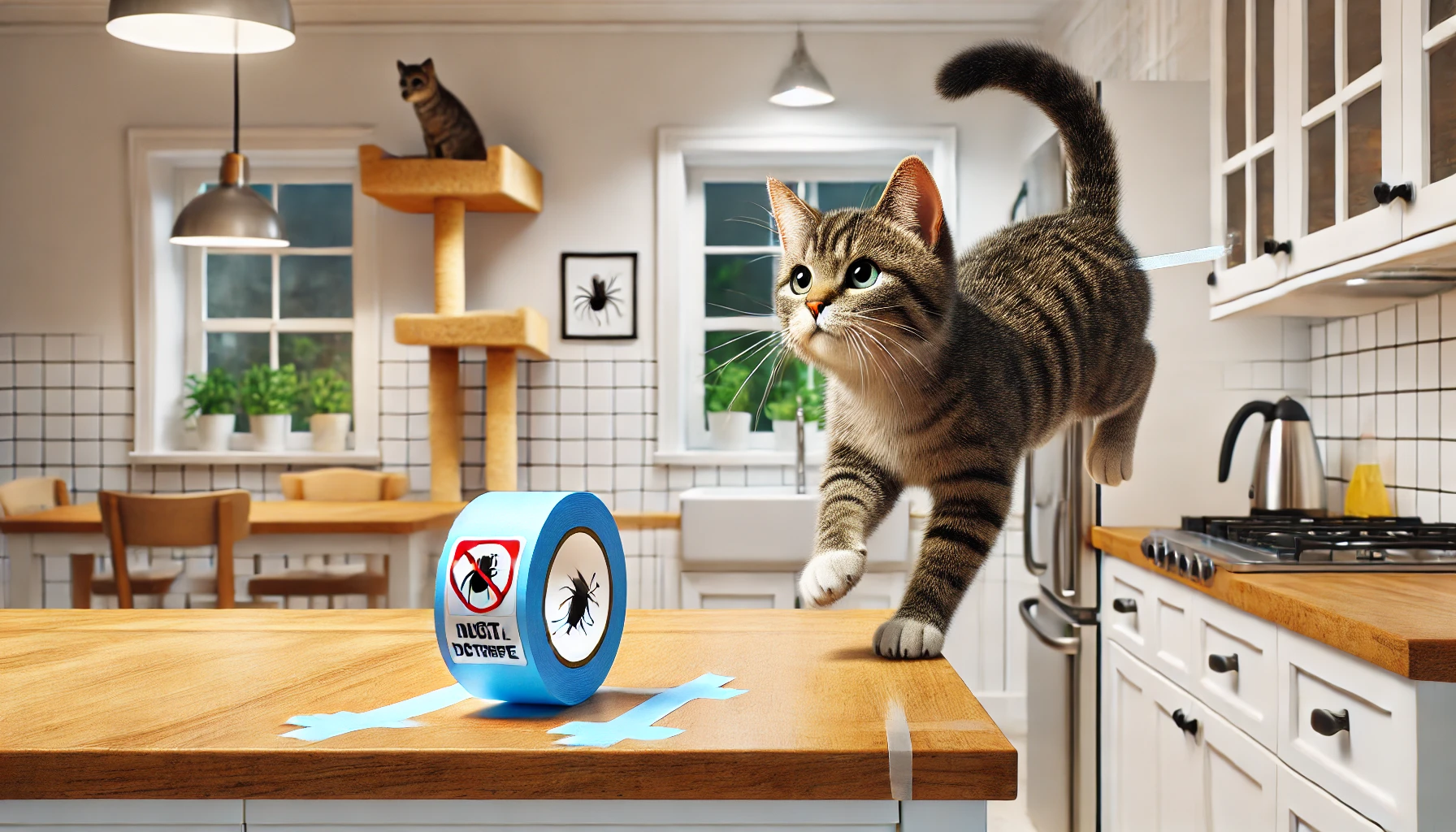Cats are experts at hiding illness, making it difficult to detect health problems until they become serious. As a responsible cat owner, knowing the subtle signs of sickness can help you get your pet the care they need before it’s too late.
In this guide, you’ll learn how to recognize common symptoms of illness, when to seek veterinary help, and how to keep your cat healthy.
1. Changes in Eating or Drinking Habits
A sudden change in appetite or thirst can indicate an underlying health issue.
🚨 Signs to Watch For:
❌ Loss of appetite – Could signal dental pain, kidney disease, or infections.
❌ Increased appetite – May be linked to diabetes or hyperthyroidism.
❌ Drinking much more or less water than usual – Possible kidney disease or dehydration.
✅ What to Do:
✔ Monitor food and water intake daily.
✔ If appetite changes last more than 24–48 hours, see a vet.
2. Sudden Weight Loss or Weight Gain
Unexplained weight changes are red flags for serious health issues.
🚨 Causes of Weight Loss:
❌ Hyperthyroidism (especially in older cats).
❌ Diabetes.
❌ Cancer or organ disease.
🚨 Causes of Weight Gain:
❌ Overfeeding or lack of exercise.
❌ Hormonal imbalances.
❌ Fluid retention (a sign of heart or kidney disease).
✅ What to Do:
✔ Weigh your cat monthly to track changes.
✔ If weight loss/gain occurs suddenly, consult a vet.
3. Changes in Litter Box Habits
Any sudden change in urination or defecation could indicate a health problem.
🚨 Signs of Trouble:
❌ Frequent urination – Possible diabetes or kidney disease.
❌ Straining or crying in the litter box – May indicate a urinary tract infection (UTI) or blockage.
❌ Blood in urine or stool – Could be a sign of infection, kidney disease, or digestive issues.
❌ Diarrhea or constipation – May be caused by diet, parasites, or an underlying illness.
✅ What to Do:
✔ Scoop the litter box daily to monitor changes.
✔ If symptoms persist for more than 24 hours, seek veterinary care.
🚨 Urinary blockages can be life-threatening—seek emergency vet care if your cat can’t urinate!
4. Vomiting or Excessive Hairballs
Occasional vomiting or hairballs are normal, but frequent vomiting is a concern.
🚨 When to Worry:
❌ Vomiting more than once a week.
❌ Blood in vomit.
❌ Sudden vomiting with lethargy or diarrhea.
✅ Possible Causes:
✔ Hairballs – Especially in long-haired breeds.
✔ Dietary issues – Eating too fast or food intolerance.
✔ Serious conditions – Kidney disease, pancreatitis, or poisoning.
🚨 If vomiting is frequent or severe, see a vet immediately.
5. Lethargy or Low Energy
A cat that suddenly becomes less active, sleeps more, or avoids interaction may be feeling unwell.
🚨 Possible Causes:
❌ Infections or fever.
❌ Pain from arthritis, injuries, or dental issues.
❌ Organ disease (kidney, liver, or heart problems).
✅ What to Do:
✔ If your cat is lethargic for more than 24 hours, call the vet.
✔ Check for other symptoms like loss of appetite, fever, or hiding behavior.
🚨 Sudden collapse or extreme weakness is an emergency!
6. Difficulty Breathing or Coughing
Respiratory problems can be life-threatening and require immediate attention.
🚨 Warning Signs:
❌ Open-mouth breathing or panting (not normal for cats).
❌ Wheezing, coughing, or labored breathing.
❌ Blue or pale gums (a sign of oxygen deprivation).
✅ What to Do:
✔ If your cat struggles to breathe, seek emergency vet care immediately.
🚨 Never ignore breathing difficulties—they can indicate heart failure, asthma, or infections.
7. Changes in Behavior or Mood
A change in personality can indicate pain, stress, or illness.
🚨 Signs to Watch For:
❌ Hiding more than usual.
❌ Becoming aggressive or irritable.
❌ Overgrooming or pulling out fur (a sign of stress or allergies).
❌ Unusual clinginess or neediness.
✅ What to Do:
✔ Observe behavior for a few days.
✔ If changes persist, consult a vet.
8. Bad Breath (A Sign of Dental Disease)
Foul-smelling breath isn’t just unpleasant—it can indicate serious dental or organ issues.
🚨 Causes of Bad Breath:
❌ Gum disease or tooth infections.
❌ Kidney disease (ammonia-like smell).
❌ Diabetes (sweet-smelling breath).
✅ What to Do:
✔ Check your cat’s gums and teeth for redness or swelling.
✔ Schedule annual dental checkups.
🚨 Untreated dental infections can spread to the heart, liver, and kidneys!
9. Excessive Grooming or Hair Loss
Cats groom regularly, but overgrooming or hair loss may indicate stress or medical issues.
🚨 Possible Causes:
❌ Allergies or skin infections.
❌ Stress or anxiety (psychogenic alopecia).
❌ Fleas or parasites.
✅ What to Do:
✔ Check for fleas, rashes, or skin irritation.
✔ Reduce stress with routine, safe spaces, and interactive play.
✔ Consult a vet if overgrooming continues.
10. Swollen Belly or Sudden Bloating
A distended belly can signal a serious medical emergency.
🚨 Possible Causes:
❌ Internal bleeding.
❌ Liver or heart disease.
❌ Feline infectious peritonitis (FIP).
✅ What to Do:
✔ If your cat’s belly suddenly swells, get to a vet immediately.
🚨 Severe bloating can be fatal if left untreated.
When to Take Your Cat to the Vet Immediately
Some symptoms require urgent medical attention.
🚨 Emergency Warning Signs:
❌ Difficulty breathing.
❌ Inability to urinate (especially in male cats).
❌ Severe vomiting or diarrhea.
❌ Sudden collapse or unresponsiveness.
❌ Bleeding that won’t stop.
❌ Seizures or disorientation.
🚨 If in doubt, always call your vet!
Final Thoughts
Cats are skilled at hiding illness, but early detection can save lives. By knowing what to look for, you can ensure your cat gets the care they need before problems worsen.
🐱 Key Takeaways:
✅ Monitor eating, drinking, and litter box habits.
✅ Watch for weight loss, lethargy, or behavior changes.
✅ Check for bad breath, grooming issues, or difficulty breathing.
✅ Seek immediate vet care for severe symptoms.
A healthy cat is a happy cat—regular checkups and early detection will help your feline friend live a long, happy life! 🏡🐾💖

